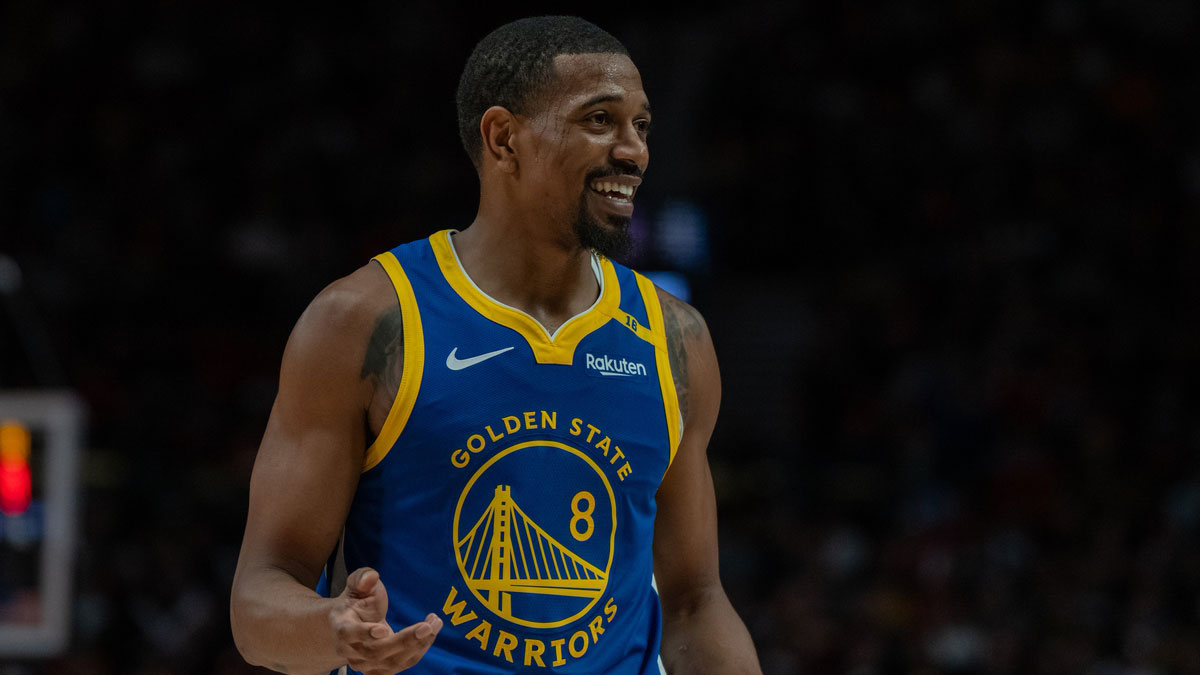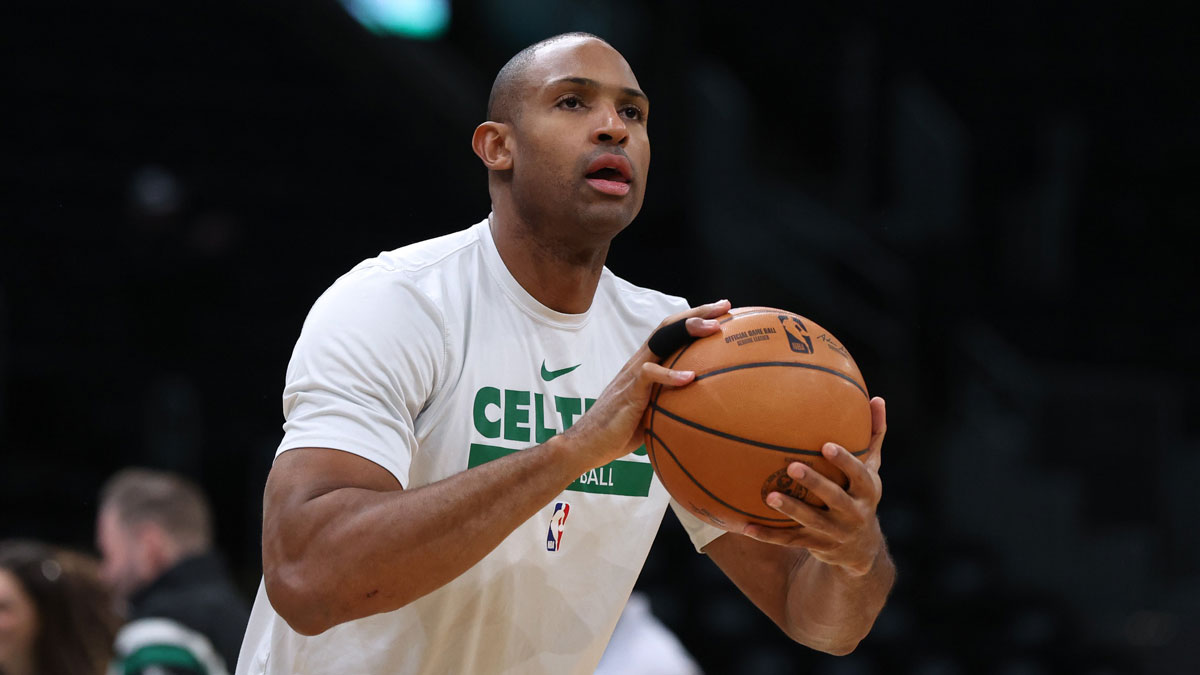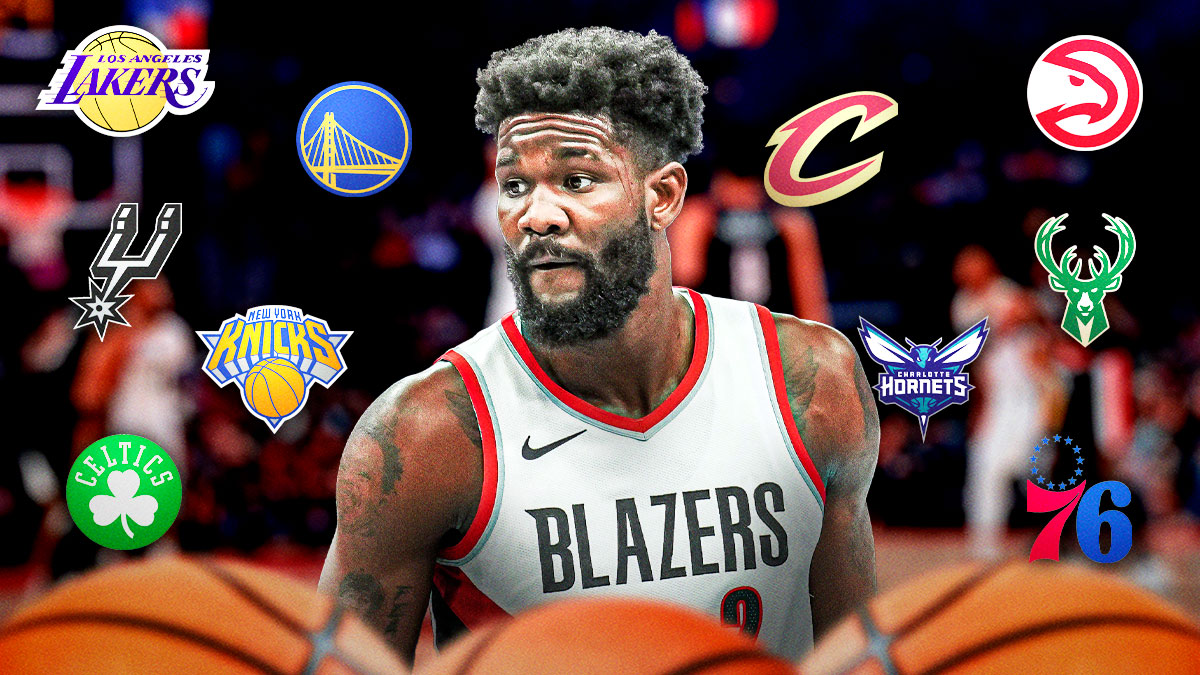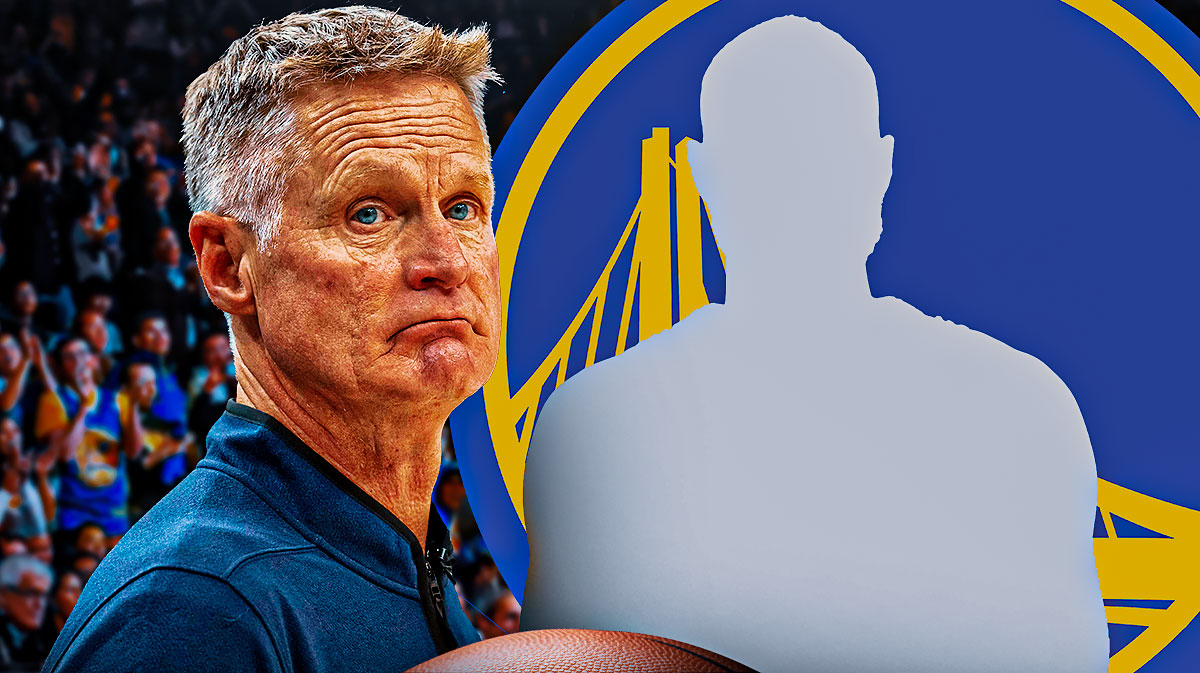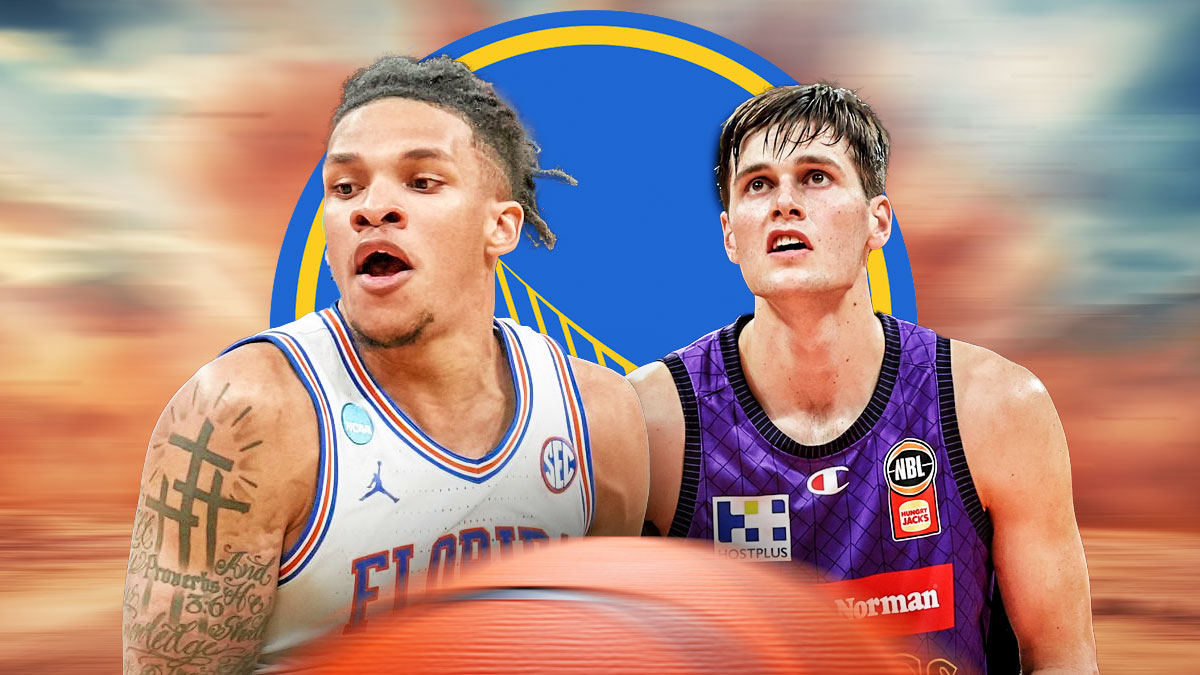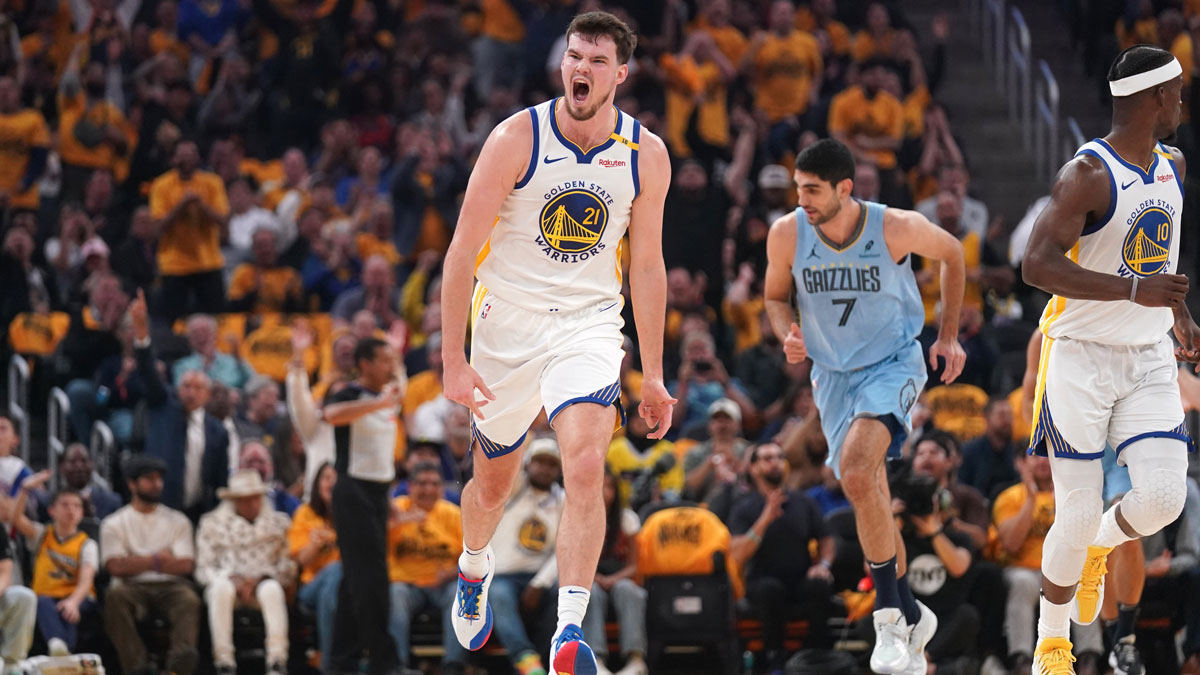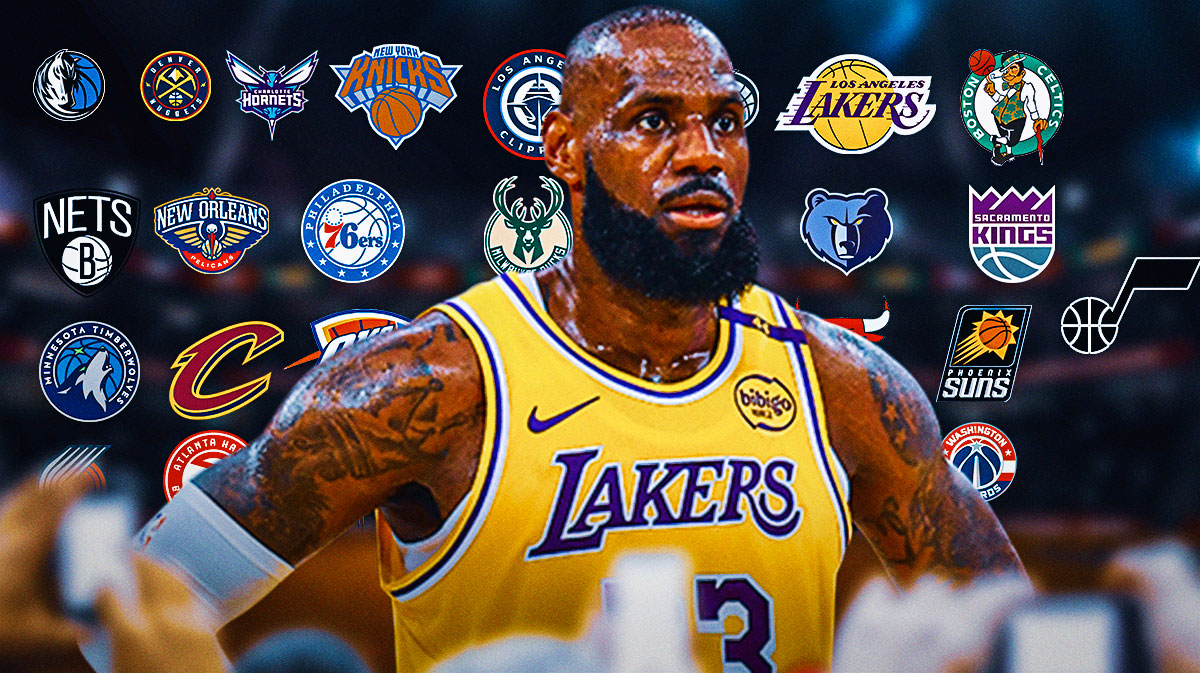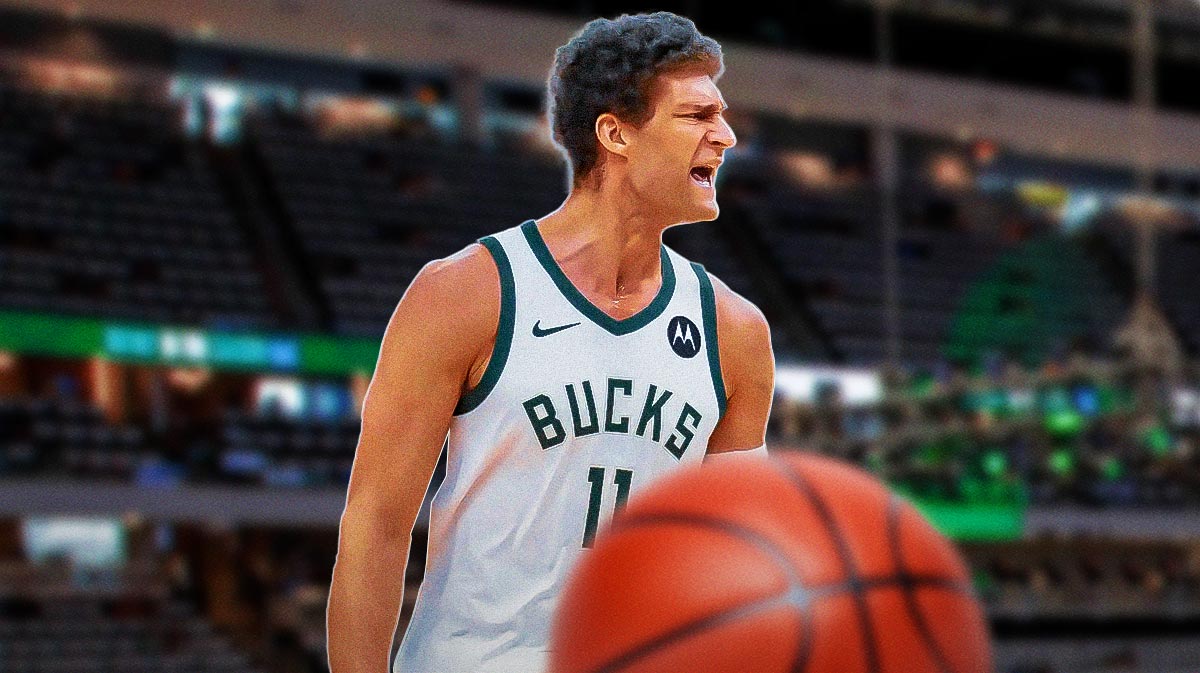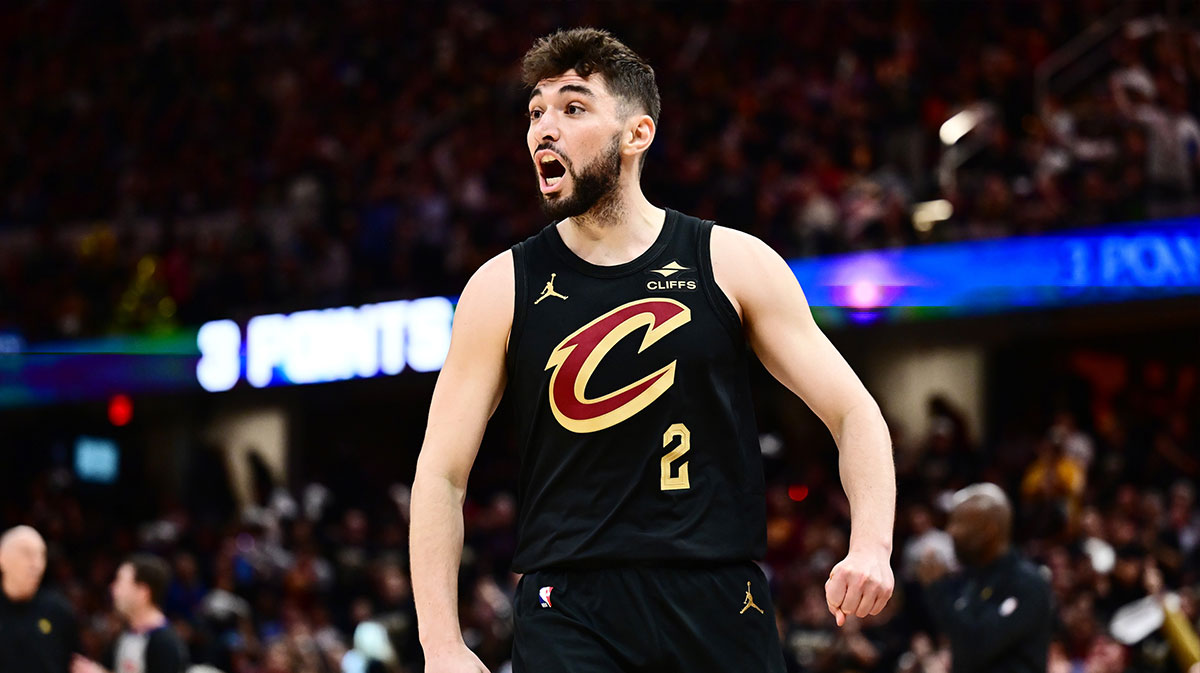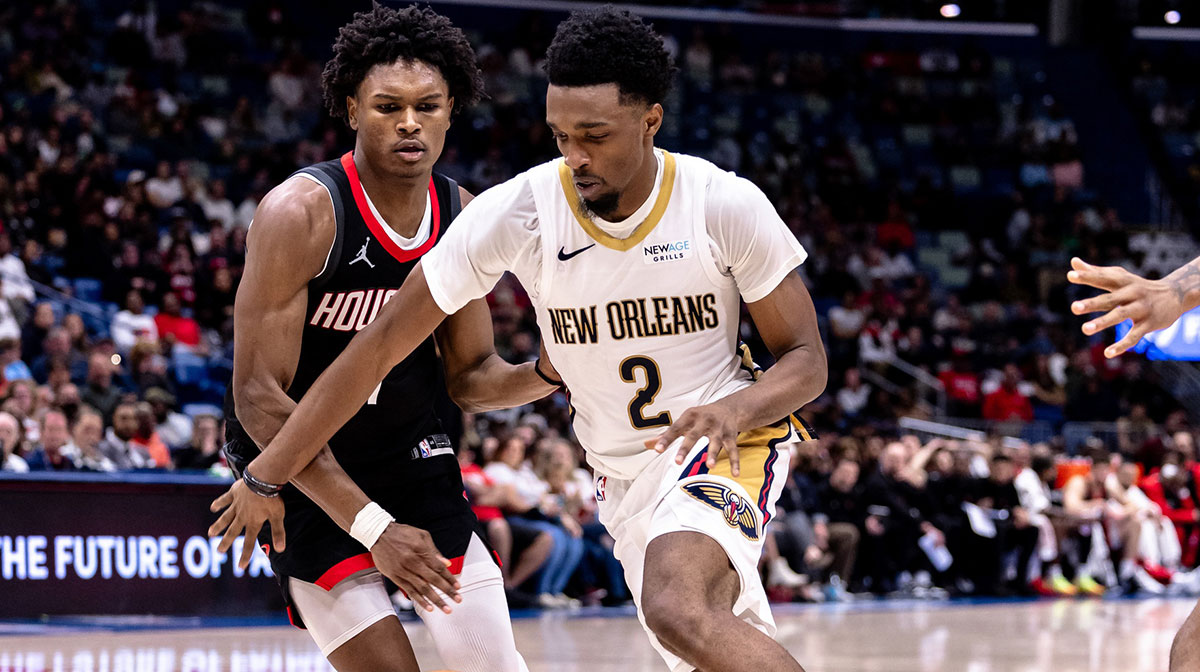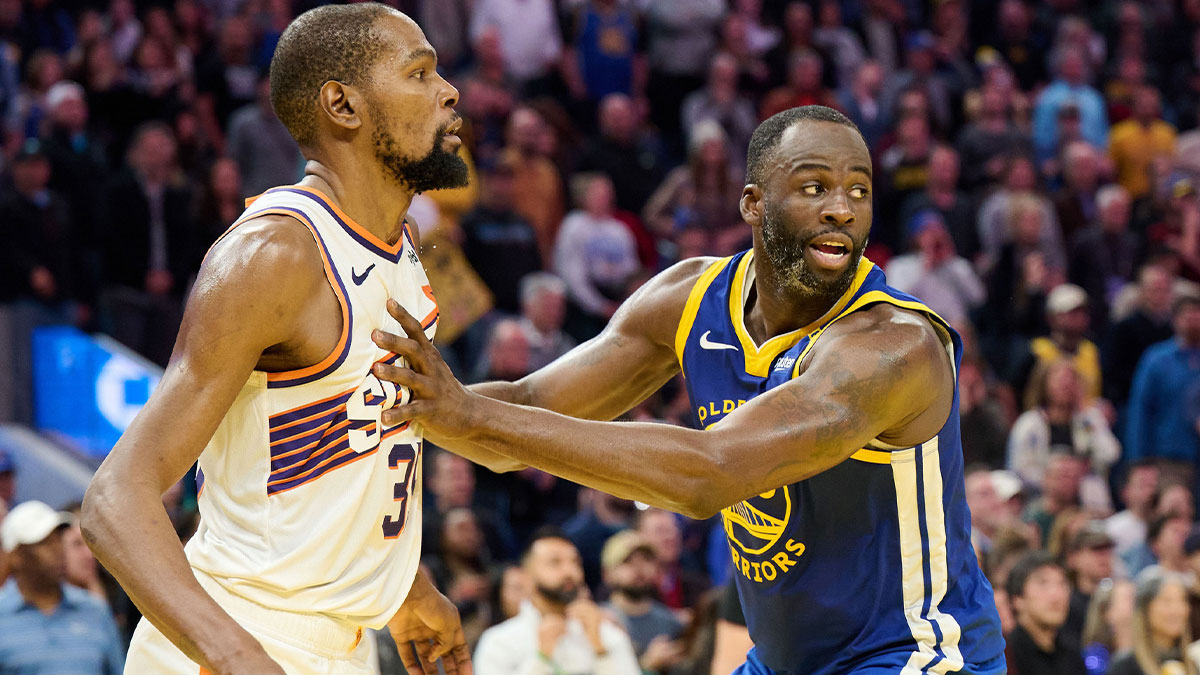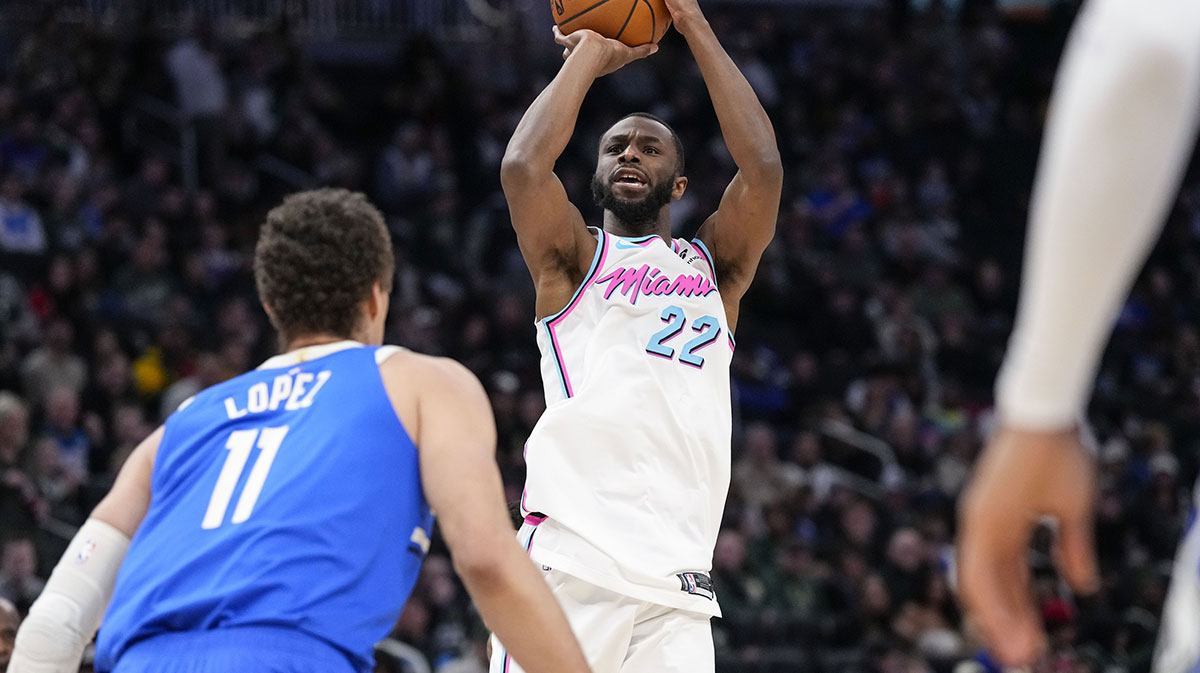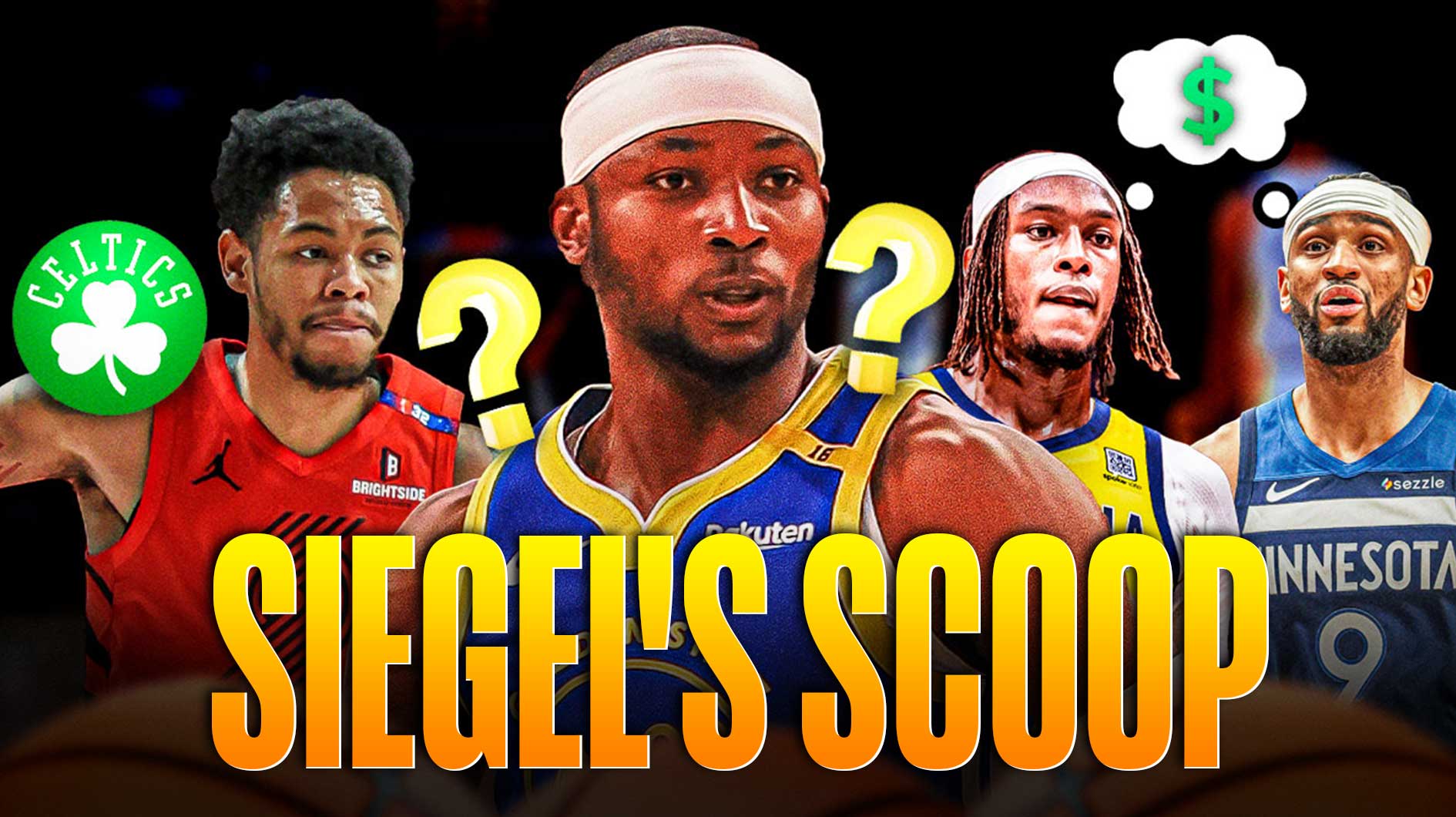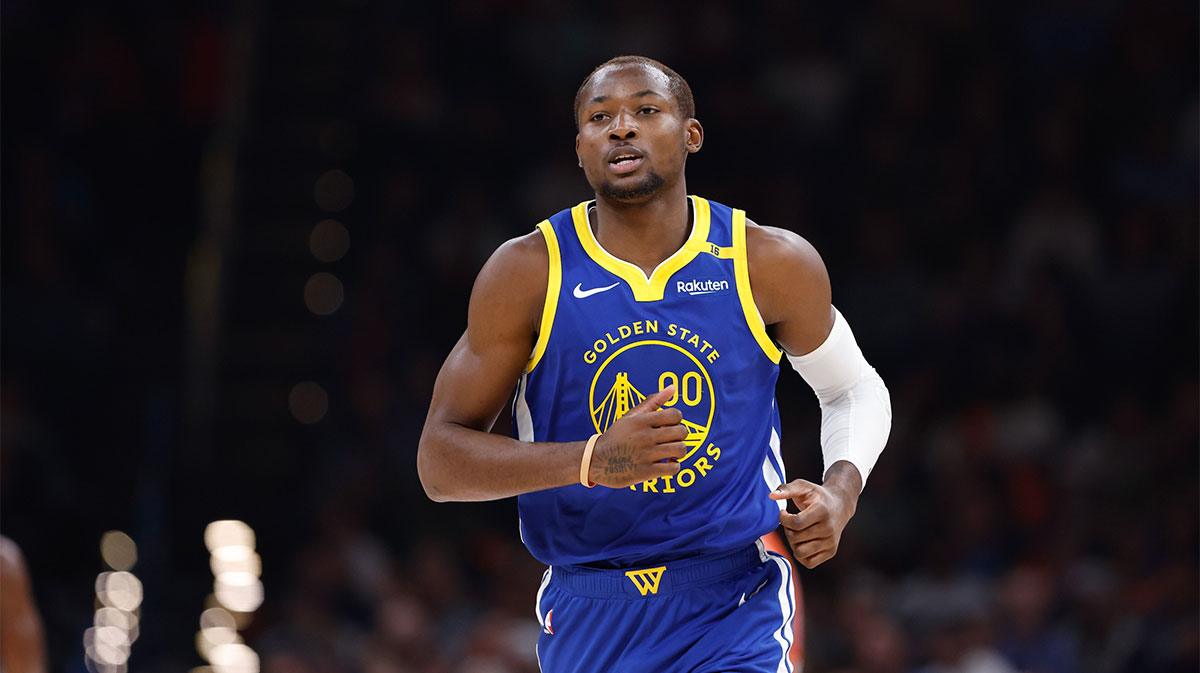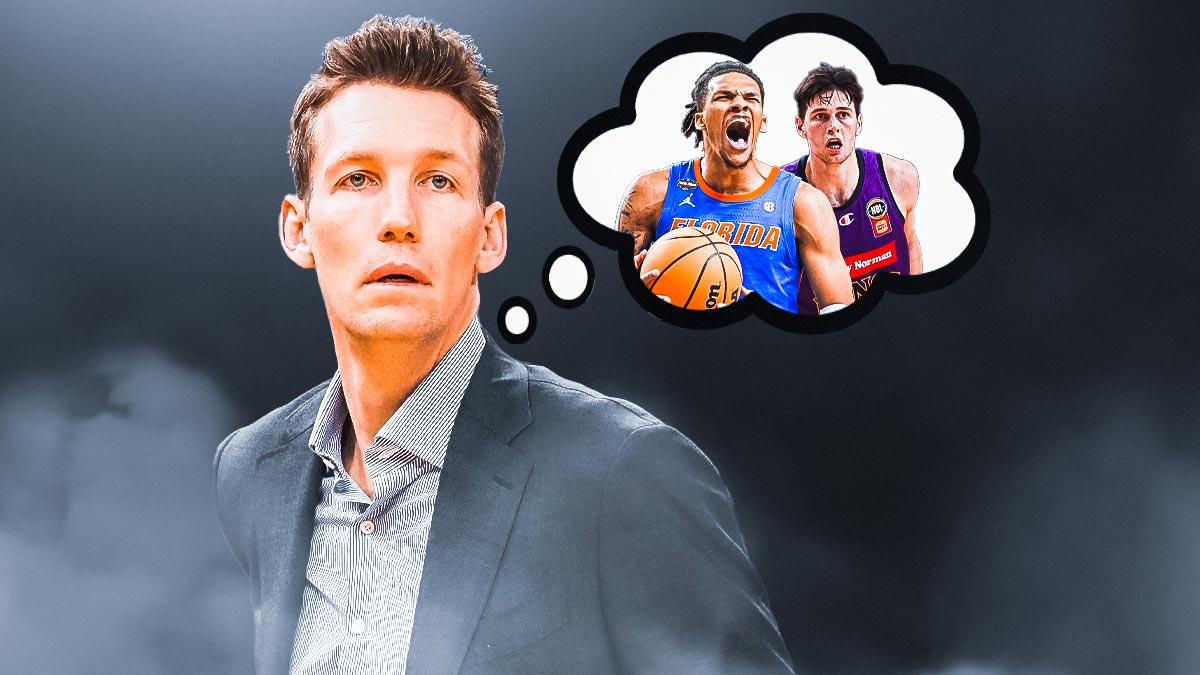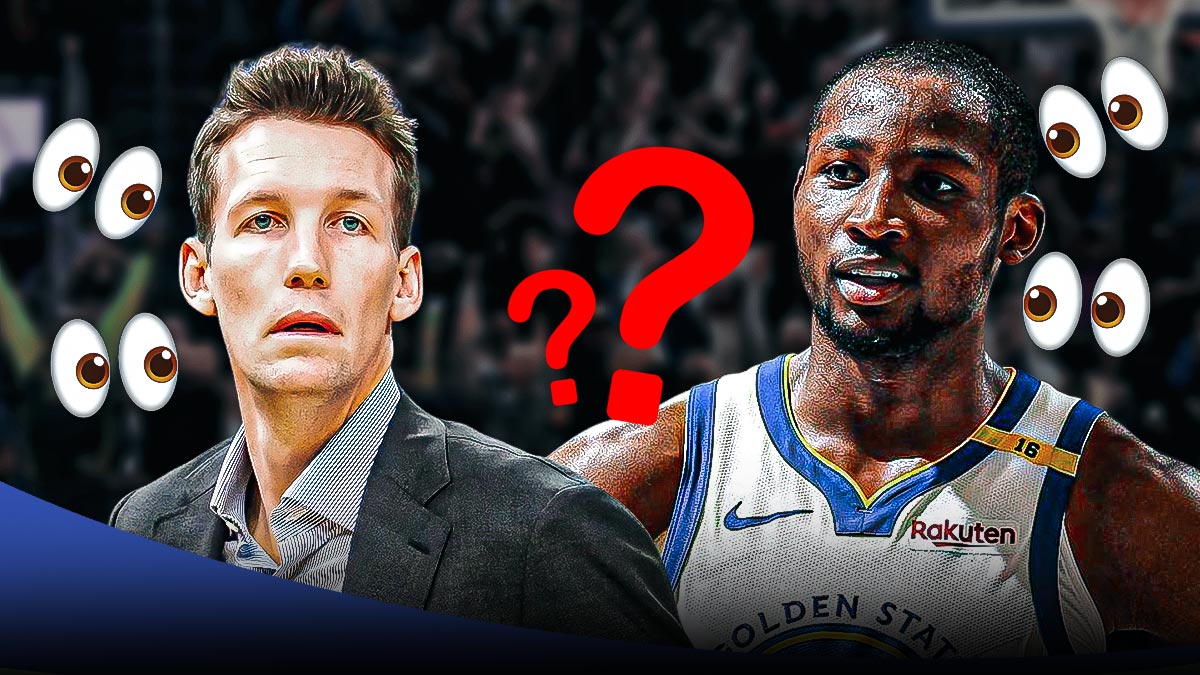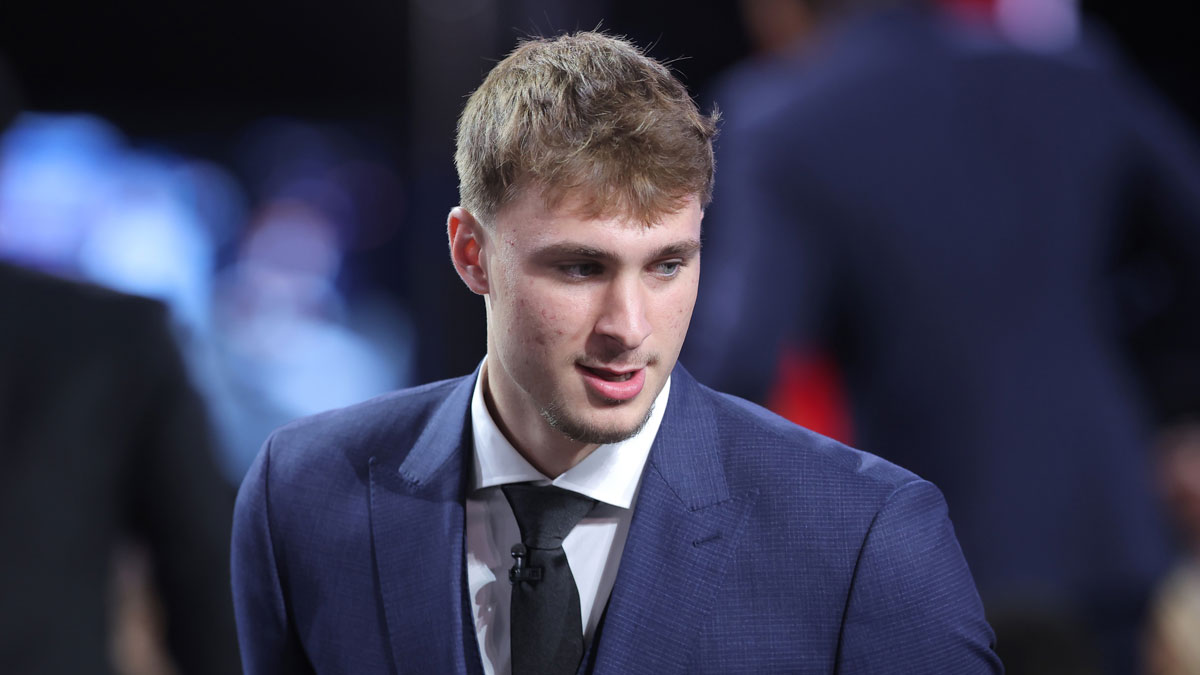The exact moment of realization surely varied, but at some point in the fourth quarter of Tuesday night’s Game 4 in Oklahoma City, each Warrior fan, player, and executive had to mentally prepare themselves for the inevitable — the team was going to go down 3-1 in the series, putting them on the brink of elimination in a season where that never seemed like a possibility.
In the wake of a dominating 118-94 Thunder victory over the Warriors in Game 4, despair and desperation have begun to seep into the psyche of Warriors fans nation (and world) wide.
Based on the press conferences, and even tweets, from Warriors players postgame, they haven't allowed their resolve and focus to waver despite the premature eulogies that seem to be pervasive, and rightfully so.
Andrew Bogut: "We've done a lot of things this season that have never been done before, so hopefully we can do one more."
— Diamond Leung (@diamond83) May 25, 2016
“We’re going to give something they’ve never seen before. That’s our focus going into Game 5.”
Y'all never seen a 73 win team .. Y'all never seen a player win unanimous mvp… Hahha this story not over!! #history #believe
— Marreese Speights (@Mospeights16) May 25, 2016
The Warriors are now forced to win three straight games against the Thunder in order to take the next step in their pursuit of another world championship.
While the series is headed back to Oakland for Game 5, in order for the Warriors to advance, they will need to do what they have failed to do twice thus far in the playoffs — beat the Thunder on the road.
The odds are certainly not in the Warriors’ favor to advance. In NBA playoff history, teams have gone 223-9 (96.1 win percentage) in series that they'd led 3-1.
But the Warriors are well accustomed to breaking records and performing out of the norm. Besides their obvious 73-win season, the team set records for most threes made in a season (1,077), most road wins (34), best start to a season (24-0), and the longest home winning streak between seasons (54 games starting in 2014-15).
The Warriors are also the only team in the regular season that did not lose two games in a row and did not lose to the same team twice. Time and time again, they proved that comparing them to convention is ill-advised.
But the Thunder have done just that, bringing them down to reality with victories in Game's 1 and 3, then subsequently pushing Golden State's back directly against the proverbial wall with their Game 4 rout.
Nine teams have come back from 3-1 down before the Warriors. That's just 3.9 percent of the participants. It’s not an impossible feat to accomplish, but it's certainly one that would take nothing short of a miracle to accomplish.
So, perhaps the Warriors can take some notes from history and examine what happened in the nine series in which teams came back from a three games to one deficit.
2015: Houston Rockets beat the Los Angeles Clippers in the Western Conference Semifinals
In the most recent example of this phenomenon, the Rockets took down the Clippers after some of the most quintessential Clipper moments came into fruition at the most inopportune times.
After the Clippers took a three games to one series lead, the series shifted back to Houston, where the Rockets dominated Game 5, never giving up a lead after the first quarter. James Harden had a triple-double and Dwight Howard put up 20 points and 15 rebounds, but there wasn’t much panic in the Clippers' locker room. Game 6 was at home, and the team had dominated the Rockets through the first four games of the series.
In Game 6, the Clippers of old emerged, and the demons that surround the franchise and still linger on manifested themselves thoroughly.
The Clippers took a commanding 87-68 lead in the third quarter, before proceeding to be outscored 51-20 from there on. What seemed like a formality — the Clippers would surely close the third and fourth quarters out up 19 and win the series in six — left the Clips in the worst imaginable position. The two teams headed back to Houston for a win-or-go-home Game 7.
In Game 7, the Rockets dominated all facets of the game to easily close out their 3-1 series comeback. Harden scored 31 points, scoring at will from midrange, the charity stripe, and from downtown. Dwight Howard added 16 points and 15 rebounds in a game that the Rockets never trailed.
The Rockets were eventually dismantled by this very Warriors team in the Western Conference Finals 4 games to 1, and questions continued into the next season as to whether or not the Warriors were handed an easy journey to the Finals as a result of the Clippers’ collapse. Hint: no, they didn’t. Every championship team encounters a few lucky breaks.
The takeaway from the series: don’t be a member of the Clippers organization.
2006: Phoenix Suns beat the Los Angeles Lakers in the Western Conference Quarterfinals
In a legendary and oft-cited Game 4 performance, Kobe Bryant, almost singlehandedly, won the game and gave the Lakers the three games to one series lead. Bryant hit a layup with 0.7 seconds left to bring the game to overtime, then hit the game-winning jump shot at the buzzer in OT to win the game 99-98.
The Lakers, as the 7 seed, were on a roll, and though they still had to play the Suns twice in Phoenix, they had beaten them on the road in Game 2 and still had a game in Los Angeles to fall back on.
But, don’t underestimate a two-time reigning MVP. Similar to this Warriors team, the Suns had the MVP for the past two seasons in Steve Nash at their disposal, who was able to help will this team to an eventual 4-3 series win.
The Suns blew the Lakers out in Game 5 by a score of 114-97, but Game 6 in Los Angeles posed a much larger challenge.
It took a Tim Thomas 3-pointer at the end of regulation to bring the game to overtime, and it also took Nash’s 32 points and 13 assists and Shawn Marion’s double-double to overcome a 50-point performance by Bryant. The Suns prevailed 126-118, and the series headed back to Phoenix for a Game 7 that favored the Suns heavily.
Phoenix used that advantage aptly. The Suns never trailed Game 7, leading by as many as 33 points while overwhelming the Lakers with their high-octane offense.
The Suns would go on to beat the Clippers in seven games in the Conference Semifinals before falling to the Mavericks in six games in the Conference Finals.
The takeaway from this series: it’s always beneficial to have the two-time reigning MVP on your team, as the Warriors, rather fittingly, do.
2003: Detroit Pistons beat the Orlando Magic in the Eastern Conference Quarterfinals
The Pistons, the first seed overall in the Eastern Conference, were stunned three times, once at the Palace of Auburn Hills, and faced a 3-1 series deficit headed back home to Mo-Town for Game 5.
However, the better team would prevail in the end. Detroit routed Orlando 98-67 in Game 5 and went to Orlando for Game 6 and won handedly, 103-88, on the backs of Chauncey Billups’ 40 points and Rasheed Wallace’s 20 point, 17 rebound performance. Game 6 marked the first Detroit road playoff win since 1997.
Back home for Game 7 with the home fans on their side, the Pistons coasted to a 108-83 victory with Billups scoring 37 points and Richard “Rip” Hamilton adding 22 points of his own. Rookie Tayshaun Prince helped spark a second-quarter surge off the bench, scoring 20 points in the process.
The Pistons would go on to defeat the 76ers in the Conference Semifinals in six games before being swept by the New Jersey Nets in the Conference Finals.
Takeaway: a point guard who can score proficiently will win you ball games.
1997: Miami Heat beat the New York Knicks in the Eastern Conference Semifinals
Article Continues BelowIn what was the first playoff series of a blossoming rivalry, the Heat beat the Knicks for the right to play MJ’s Bulls in the Conference Finals.
The Knicks took a 3-1 series lead after dominant performances from Patrick Ewing and Allan Houston through the first four games, but as their production and efficiency tapered off, so too did the Knicks’ results.
The Heat won at home in Game 5 96-81, then in Game 6 in Madison Square Garden 95-90 thanks to Alonzo Mourning’s heroics, and finally back at home in Game 7, 101-90.
A notable incident that may very well have turned the tide of the series was a Game 5 fight between P.J. Brown of the Heat and Charlie Ward of the Knicks. The fight left Brown suspended for the rest of the series, Ewing, Ward, and Houston suspended for Game 6, and Larry Johnson as well as John Starks suspended through Game 7.
Takeaway: don’t get into situations that will negatively hamper your team, especially situations that are purely based off of pride. I’m looking at you, Draymond Green.
1995: Houston Rockets beat the Phoenix Suns in the Western Conference Semifinals
In a series that featured high-scoring bout after high-scoring bout, Houston clawed its way back in this series by winning two games in Phoenix. The Rockets are only one of two teams on this list to win two road games en route to a 3-1 series comeback.
After winning in OT in Game 5 in Phoenix and at home in Game 6, the Rockets went back to the desert with all the momentum in their favor.
Game 7 did not let fans down. The game featured the famous “Kiss of Death” shot by seldom used guard Mario Elie. Despite the fact that the Suns led by as many as 10 in this game, and despite the fact that Kevin Johnson scored 46 points, Houston prevailed by a hair — 115-114.
Clyde Drexler and Hakeem Olajuwon both scored 29 points in game 7. Olajuwon told reporters after the game: “[Elie is] a wicked man.”
The last minute and three seconds of the game is linked below.
Houston went on to sweep the NBA Championship over the Shaq-led Orlando Magic.
Takeaway: one through twelve on the roster needs to produce for a championship team to earn its title. The Warriors have that depth, and will hope that a Mario Elie-like figure steps up for them in this series.
1981: Boston Celtics beat the Philadelphia 76ers in the Eastern Conference Finals
For this series, no one described it as succinctly, while at the same time as eloquently, as John Hollinger, formerly of ESPN.com. Here’s what he had to say about the series:
“The 1981 Eastern Conference finals between the Boston Celtics and Philadelphia 76ers has to be the best of the post-merger era. This one had everything. For starters, both teams won 62 games, tying for the league's best regular-season record. It had the old rivalry between Boston and Philly, going back to the Russell-Chamberlain days. It had the Bird-era Celtics and the Erving-era Sixers, each yearning for their first championship.
And the games, oh my. Not only was there the improbable rally from a 3-1 series deficit by the Celtics, one of only eight times in league history that's happened, but these were all white-knuckle games. Amazingly, five of the seven games were decided by two points or fewer, including each of the last four.
Boston trailed by double digits in each of the final three games, and was down by six with 1:51 left in Game 5, before rallying to win each. The key play of the series was Kevin McHale's block of an Andrew Toney drive at the end of Game 6, preserving the key road win for the Celtics.
The finale was an especially grueling battle that featured just one basket in the last three minutes. A crucial missed free throw by Mo Cheeks allowed Boston to escape, 91-90, bookending a series that began with the Sixers' one-point win thanks to Andrew Toney's free throws with two seconds left.”
This was considered, by Hollinger, to be the best playoff series of all-time. The Celtics went on to win the NBA championship over the Houston Rockets in six games.”
Takeaway: there are some striking similarities between the current Warriors and Thunder and the '81 Celtics and 76ers.
1979: Washington Bullets beat the San Antonio Spurs in the Eastern Conference Finals
The Bullets came back from three games to one down with decisive 107-103 and 108-100 wins in Game's 5 and 6 before returning to Washington for a thrilling Game 7.
The Spurs were up by 10 at one point in the fourth quarter, but the Bullets still managed to come back to win the game in regulation. Brent Musburger was on the report during the aftermath of that final bout.
The Bullets went on to lose to the Seattle SuperSonics in the Finals 4-1, giving Seattle their first and only NBA championship. The Bullets (Wizards) have yet to return to the Finals, or even Conference Finals.
Takeaway: resolve. No matter what the score is, the entire team must have grit and determination for a comeback to occur.
1970: Los Angeles Lakers beat the Phoenix Suns in the Western Division Semifinals
Phoenix won Game's 2-4 before the Lakers bounced back and won Game's 5-7. The Lakers were heavily favored coming into the series; they had a 46-36 record compared to the Suns' record of 39-43. The Lakers’ Jerry West, Wilt Chamberlain and Elgin Baylor helped pave the way for the resilient comeback.
The Lakers went on to beat the #1 seeded Atlanta Hawks in the Western Division Finals before losing, in seven games, to the New York Knicks in the NBA Finals.
Takeaway: in the face of dysfunction — which the Lakers had at this point in their season — superstars will find a way to win games. However, the Thunder have their fair share of superstars as well.
1968: Boston Celtics beat the Philadelphia 76ers in the Eastern Division Finals
An aging Celtics team beat the 76ers twice on the road, in Game's 5 and 7, en route to the first 3-1 series comeback in NBA history. With the help of Sam Jones’ 22 points and on Bill Russell’s deteriorating, but still effective, back, the Celtics willed out a series victory.
Boston went on to beat a stacked Los Angeles Lakers team in six games in the NBA Finals for their 10th title in 12 seasons.
Takeaway: the best team will normally win a series. Whether or not Oklahoma City truly is the better team is a point of contention, but if the regular season is any indication, the Warriors are the far superior team.
Note: 7 of the 9 teams played Game's 5 and 7 at home, a promising stat for the Warriors, who will return to Oakland for Game 5.
So, the Warriors, as a unique team that has earned a number of accolades that most other great teams have not, will face a steep, uphill battle for the remainder of this Western Conference Finals bout with OKC.
Surely, on paper, the Warriors are probably better than the nine teams on this list that overcome 3-1 deficits, but they will have to accomplish a feat that will not be solely based on quality and execution, but also on luck and good fortune.
What happened in the past season, and even in the past four games, is irrelevant now. Golden State will have to, someway and somehow, pull out three victories in succession against a team whose relentless determination and intensity has undoubtedly outmatched the Warriors’ over the first four games.
Given the unfathomable things that the Warriors were able to achieve this season, I think they’re up for the challenge. Game 5 will be in Oakland tonight, May 26th, at 6:00 p.m. PST.

